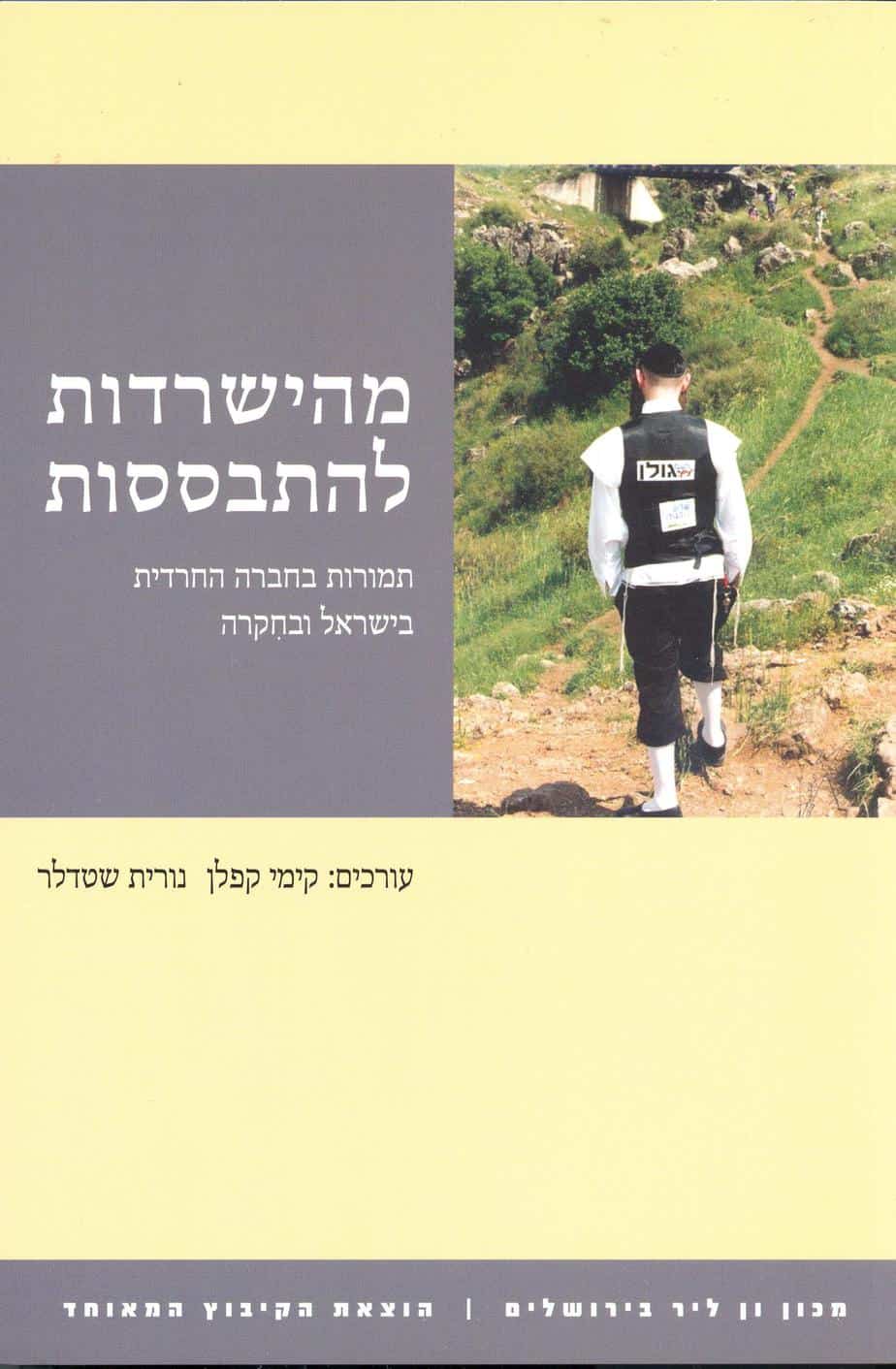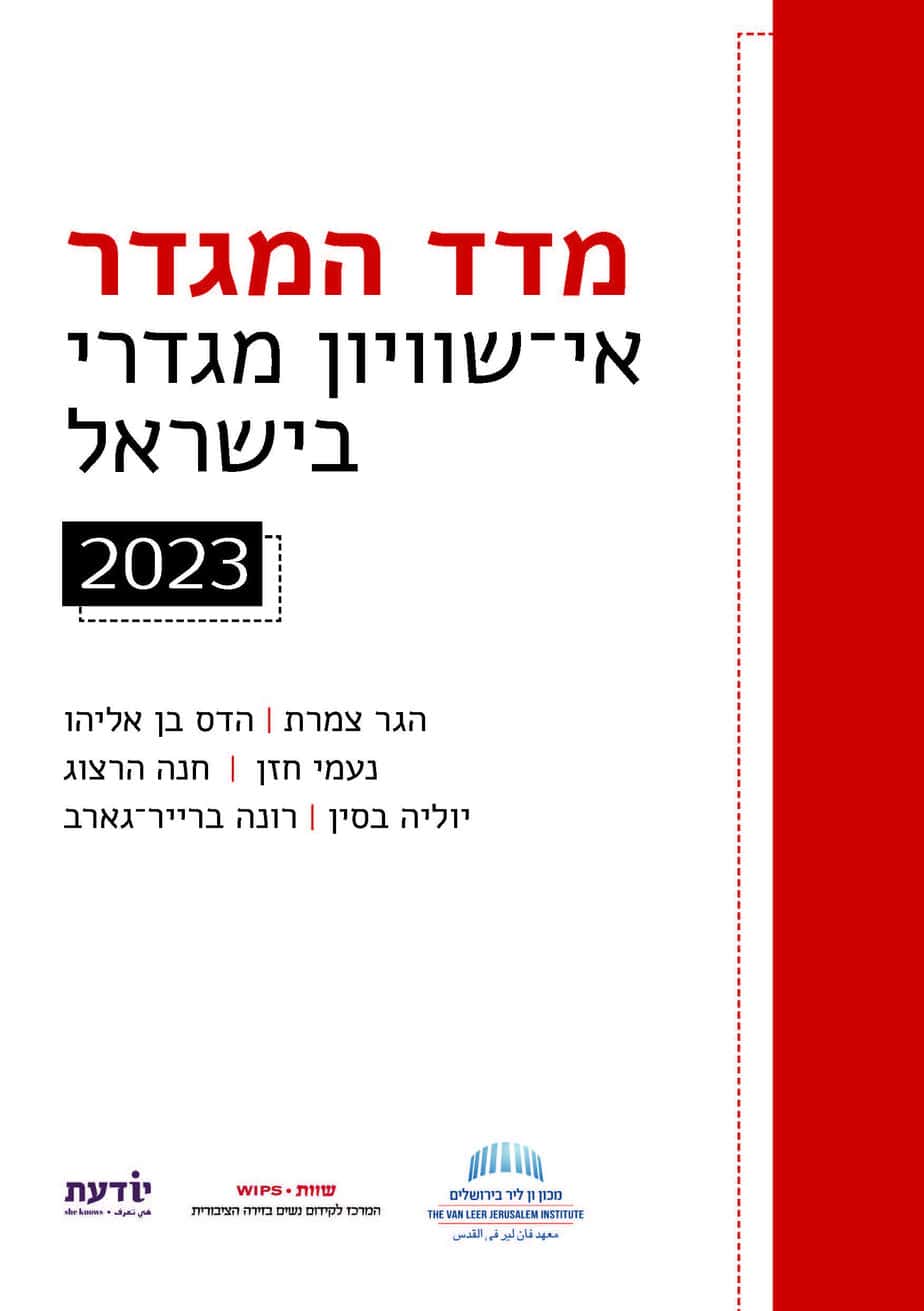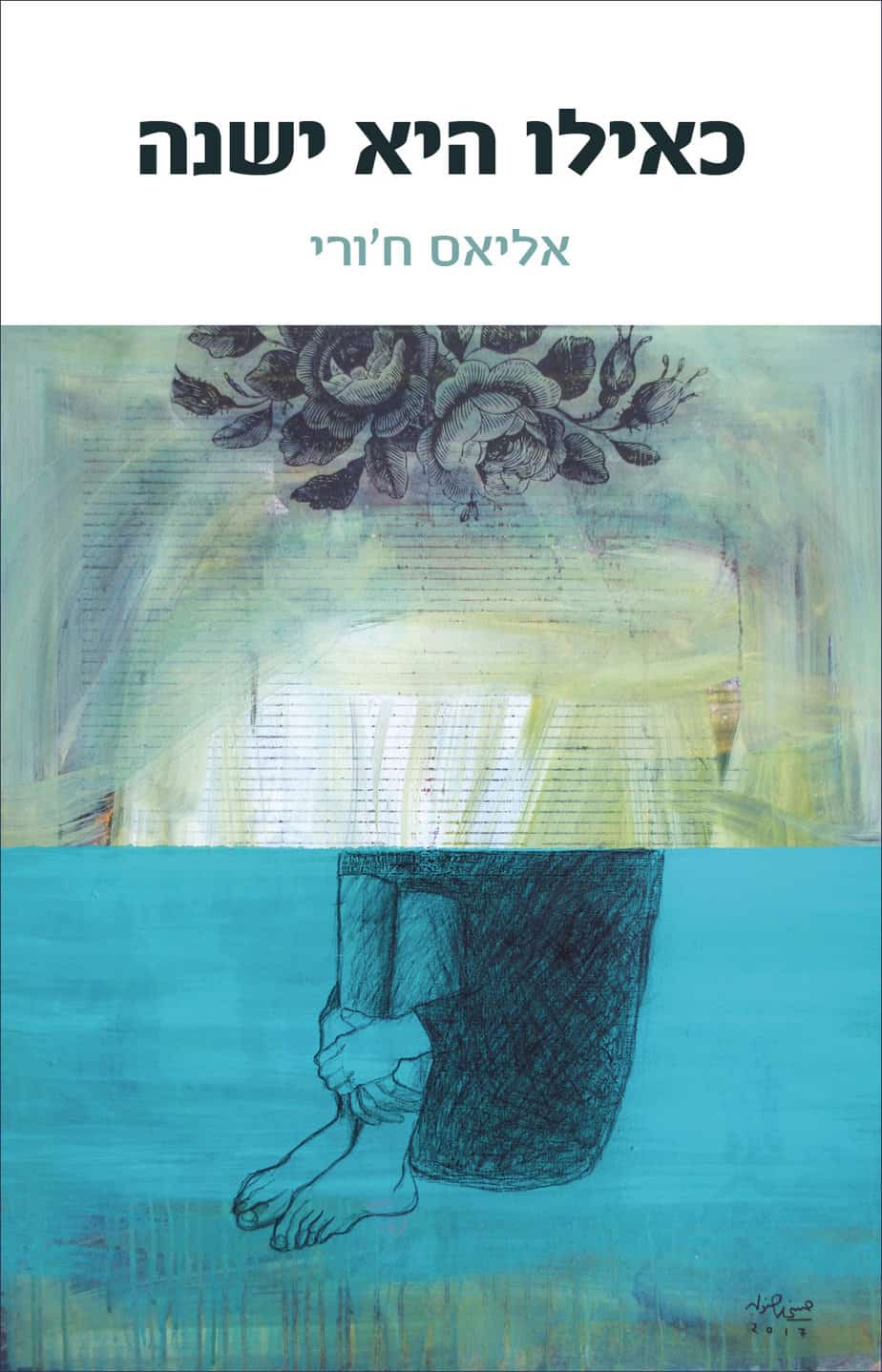From Survival to Consolidation
Changes in Israeli Haredi Society and Its Scholarly Study
| Edited by | Kimmy Caplan, Nurit Stadler
|
| Publisher | Van Leer Institute Press and Hakibbutz Hameuchad |
| Language | Hebrew |
| Year of Publication | 2012 |
| Series | Jewish culture and identity Publications, Theory in Context Series |
In recent years we have witnessed the increasing presence of Haredim (Ultra-orthodox Jews) and Haredi ideas in Israeli society, economy, and culture. Haredim attend professional training centers and frequent shopping malls; they are active in organizations to return people to religious observance; many of them live in the new Haredi towns on both sides of the Green Line; they are a presence in the media, cinema, and theatre, not to mention the IDF and security forces; and they call for a change in behavioral norms in the Israeli public space.
So it is not surprising that the much attention is paid to the issue of the place and special needs of Haredim and Haredi norms, so they can integrate into Israeli society, by governmental institutions, public agencies, entrepreneurs and businesspeople and the general public. The main reasons for this are the demographic increase of Haredi society, its geographic distribution, and the influence of its growth on the economic vigor of the state in the present and future.
The papers collected in this volume represent, each in its own way, a number of arenas that make it evident that Haredi society is getting stronger and expanding its ranks. Unlike the official Haredi rhetoric, which continues to broadcast a sense of existential peril, we are watching it transition from a society fighting for its very survival to one that radiates inner strength and collective self-confidence. The shift from survival to consolidation is accompanied by many uncertainties and inner tensions. It has major implications for how we observe, study, and understand this sector and for a number of considerations that are relevant to any discussion of long-term social policy that is relevant to the Haredi sector in particular and to Israeli society in general. The book invites its readers and the public discourse in Israel to think about this transition, with all its implications.




